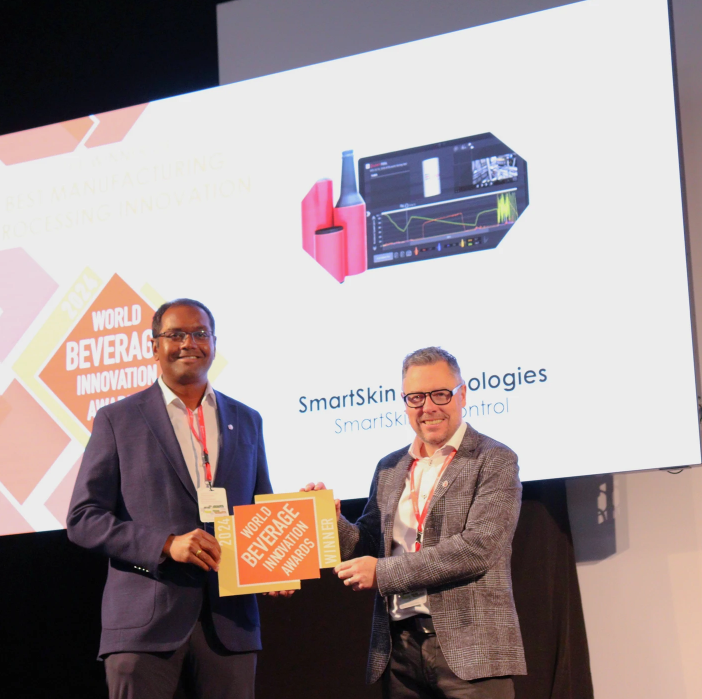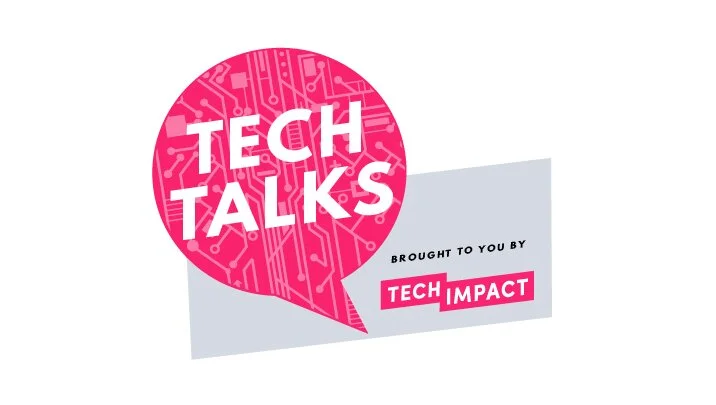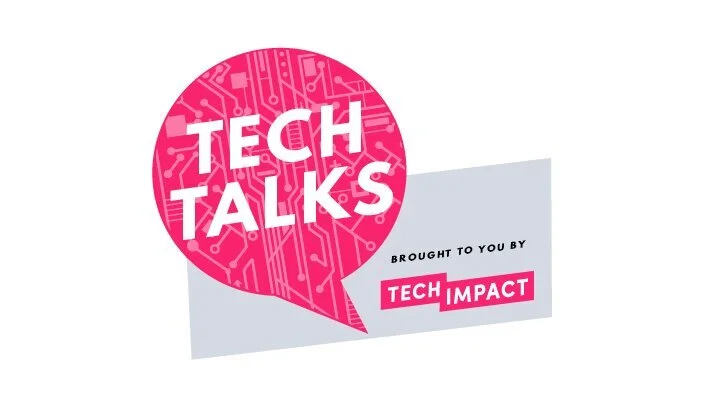Amazon has made online shoppers out of most of us. Now, prompted by the pandemic’s great online migration, more businesses are eyeing the other side of the e-commerce counter and wondering how to take their shops and showrooms virtual.
On episode 16 of the TechTalks Podcast, I’m talking to two New Brunswick-based e-comm veterans: Dawn Pottier, founder and CEO of LuluJo, one of Canada’s biggest baby brands, and Scott MacIntosh of Second Spring Digital, which supports companies in digital transformation.
Whether you’re a retailer who wants to get your goods online or a founder who’s wondering what e-comm means for B2B, you’re going to love this show. For me, it shows how digital transformation shows up in all kinds of businesses, including retail. And Dawn and Scott’s experiences give a great sense of how e-commerce is evolving (and fast!), what it takes to succeed in selling online, and an eye on future trends.
Humble Beginnings
Before she was rocking the e-comm space, Dawn got her start in 2008 with a single product: a baby sling she made herself because she couldn’t buy one locally.
“I knew how to sew from growing up on Rural Route No. 3 in Nova Scotia,” she says. “I really wasn't even thinking about starting a company. At the time, it was just about a product for myself.”
Her first milestone? Selling six units to a Fredericton retailer. Then, in 2010, she went to a trade show in Toronto. After a slow, disheartening morning, she was slammed with orders from across Canada.
She knew she was onto something. When she left her corporate job (as an IT project manager, a skill set that’s come in handy), she was scared, not “that it wasn't going to work,” but because she “knew it was going to be a lot of work.”
Although I suspect even Dawn couldn’t have predicted just how big her baby brand would become, she was right.
Today, LuluJo sells 100 products online and in boutiques in 40 countries. In October, Dawn opened her first flagship boutique in Fredericton.
Some of Lulujo’s top selling products.
The IT Route
Scott’s path to e-commerce winded through entrepreneurship and IT consulting, including with his own company, SwiftRadius, as a systems integrator, working on complex tech projects for large companies. He continued in that vein with Deloitte, which acquired his company in 2015.
In 2019, he founded Second Spring Digital to help companies expand their digital capabilities. And then COVID-19 happened, and the market for his expertise exploded.
“We had several offerings that pretty quickly took us to e-commerce for the simple reason that it seemed to be the quickest way to add value for a company,” Scott says. “We found that in as little as four weeks, we were able to help companies get results and get on a different path.”
Always Evolving
One thing that struck me about my chat with Dawn and Scott is how digital transformation is more a mindset and an ongoing process than a single project.
As Dawn described how her online strategy evolved over the years, it also became clear that it encompasses so much more than just a new platform or tools, but a comprehensive approach that spans branding, marketing, sales, customer relations, and more. And then there’s the analytics that tell exactly what’s working and not working. You learn and adjust.
“It's not just your website, it's every single word, every single sentence, everything you post on Instagram, and it's just becoming more and more focused now,” Dawn says. “So you have to have a tight strategy.”
That’s where someone like Scott comes in.
“We try to help people with that whole loop about your customer,” he says, from attracting new ones to conversions and sales, and logistics like packaging, damaged orders, and of course, the bane of online sellers everywhere: shipping.
“They're looking for one or two days delivery time, thanks to Amazon,” he says. “How do you manage that?”
Start Small
If this all sounds overwhelming, it doesn’t have to be.
These two veterans explain how you can start small then build and grow, learning and adding along the way.
“What we like to do is try to help people pick two or three next moves, get in motion, try some things, make some improvements,” Scott says.
Dawn and Scott stress that e-commerce is a marathon, not a sprint. And Dawn speaks from personal experience when she suggests you get help. No one person can keep up with all the parts, from SEO and optimization to shipping and platforms and more.
“Don't try to do it all alone now,” she says. “Things are moving really fast.”
There are firms like Second Spring Digital, which does one-on-one consulting and offers other services, too, such as group masterclasses, digital strategies, and SaaS programs around customer development.
Again, it really comes down to making “small moves” and watching closely to see what’s working. And repeat.
I’ll leave you with some great advice from Dawn: “Instead of looking at it as a challenge that's overwhelming, I try to look at it like, what am I going to learn today?”
Love that. Those are words to live by.
Check out our full conversation by clicking here to listen.
Here's a peek at some of the highlights from this episode:
>>[06:22]: Dawn shares the story of building LuluJo from a single product to a big international brand.
>>[13:19]: Scott on his path from corporate consulting to e-commerce.
>>[21:51]: Dawn on building customer relationships online.
>>[25:44]: Scott on the test-measure-repeat approach to digital.
>>[37:05]: Dawn talks about creating a consistent global brand.
>>[40:256]: Scott shares some common misunderstandings companies have about e-commerce and digital.
Don't Miss an Episode.
Do you subscribe to the TechTalks With Cathy Simpson Podcast? If not, please do. Every week, my guests and I cover many different topics around innovation, technology and the future. Click here to listen and subscribe in iTunes. You'll find us on Spotify, Apple Podcasts, Google Podcasts, PodLink and everywhere else you enjoy podcasts.
And sign up for our newsletter to never miss an update.





















